Can Wearing a Night Guard Improve My Sleep?
Highlights
- Wearing a night guard can reduce teeth grinding and protect teeth from long-term damage.
- Custom-fit guards improve comfort and reduce jaw tension, which supports better quality sleep.
- Night guards may relieve TMJ symptoms and help with mild snoring.
- Proper maintenance and follow-up ensure long-lasting results.
- Copperstone Dental provides expert night guard services in Meridian, ID.
Many people are surprised to learn how much nighttime teeth grinding, or bruxism, affects their sleep. Bruxism not only wears down your teeth, but it also tenses your jaw, interrupts sleep cycles, and leads to painful morning symptoms. One of the most recommended tools to combat this is a night guard. According to
Verywell Health, these devices can reduce grinding and clenching, offering relief and better sleep for many users. By cushioning the bite and easing tension in the jaw muscles, night guards are often the first line of defense for improving nighttime rest.
FAQ: Understanding Bruxism
What is bruxism?
Bruxism is the involuntary grinding or clenching of teeth, most often during sleep.
How do I know if I grind my teeth?
Common signs include jaw pain, headaches, sensitive teeth, or feedback from a sleep partner.
Can a night guard stop bruxism completely?
While it won’t stop the behavior, it protects teeth and reduces strain on the jaw.
In Meridian, ID, Copperstone Dental treats many patients dealing with bruxism-related issues. One of the biggest benefits of using a night guard is how it improves the alignment and relaxation of the jaw muscles during rest. Tension in the jaw can cause constant micro-arousals—brief awakenings that disrupt deep sleep. A properly fitted guard reduces this strain, allowing for more continuous sleep cycles. Over time, better sleep leads to less fatigue, improved mood, and even improved focus during the day.
Night guards are especially helpful for patients who suffer from headaches caused by clenching. When the jaw is allowed to rest comfortably, there’s less pressure on surrounding muscles and nerves. This often leads to a noticeable decrease in both the frequency and severity of headaches. Copperstone Dental advises patients to pay attention to how they feel in the mornings. If jaw pain or fatigue is present, a custom night guard could make a significant difference.
One major consideration is the type of night guard you use. While store-bought guards are readily available, they don’t offer the same level of comfort or protection as custom-made versions. According to Cleveland Clinic, custom mouth guards provide a better fit, reducing the chance of discomfort and improving compliance. Patients at Copperstone Dental benefit from guards that are molded precisely to their teeth and bite. This precision helps avoid pressure points and allows for long-term use without irritation.
Store-bought guards can sometimes be too soft or too bulky, leading users to unconsciously chew on them during the night, which actually worsens jaw stress. In contrast, hard acrylic custom guards hold their shape and stabilize the bite more effectively. For people with more severe clenching or TMJ issues, this kind of material is critical. Soft materials are often more appropriate for minor cases or short-term use, but they should always be recommended by a dental professional.
Jaw Alignment and TMJ Support
Aside from reducing grinding, night guards can also alleviate symptoms of TMJ disorder (temporomandibular joint dysfunction). People with TMJ often experience clicking or locking of the jaw, earaches, and facial discomfort. By repositioning the jaw slightly and minimizing movement during the night, a night guard allows the TMJ joint to rest. Copperstone Dental has seen significant improvements in patients who combine night guard use with physical therapy or massage to manage chronic TMJ symptoms.
FAQ: Types and Durability of Guards
How long does a custom night guard last?
Most last between 3–5 years with proper care.
Is a soft or hard guard better?
Hard guards are better for severe grinding, while soft guards may suit milder cases.
Will insurance cover a night guard?
Some plans do—check with your provider and dental office for details.
Snoring Reduction Benefits
Another benefit of night guards is that they may reduce mild snoring. According to the Mayo Clinic, most oral appliances—such as mandibular advancement devices—gently move the lower jaw forward to keep the airway open and reduce the vibrations that cause snoring. While they aren’t a substitute for CPAP in cases of sleep apnea, these devices can be particularly effective for individuals whose snoring is related to jaw position or tongue collapse. Many couples report quieter nights and more restful sleep together when using a properly fitted device.
Some folks wonder if a night guard can cure TMJ, but unfortunately, a night guard cannot cure TMJ (temporomandibular joint disorder). However, it can significantly reduce the strain on the jaw and help relieve associated symptoms such as jaw pain, headaches, and teeth grinding. By keeping the jaw in a more relaxed position during sleep, night guards can prevent clenching and reduce inflammation in the joint.
Night Guard Maintenance
To get the most out of a night guard, hygiene and maintenance are essential. Rinse the guard with lukewarm water each morning and brush it gently using a soft toothbrush. Avoid using hot water, which can warp the material. Copperstone Dental recommends storing the guard in a ventilated case to keep it dry and bacteria-free. Patients should also bring their guard to dental appointments to check for signs of wear or improper fit over time.
Long-Term Wellness
When used consistently, a night guard becomes a vital tool in supporting both dental and overall health. It helps preserve tooth enamel, avoid costly repairs, and improve sleep by reducing disturbances and muscular tension. The impact of restful sleep cannot be overstated. It contributes to immune function, cardiovascular health, emotional stability, and daily productivity. A single device, like a night guard, when used correctly, can affect multiple areas of a person’s health and well-being.
FAQ: Comfort and Replacement
Is a night guard painful to wear?
No, when custom-fit, it should feel comfortable and natural after a short adjustment period.
Can I drink water while wearing a night guard?
Yes, but avoid sugary or acidic drinks, which can affect oral health.
How do I know when it’s time to replace my guard?
Signs include cracks, loose fit, or visible wear.
Professional Evaluation in Meridian, ID
At Copperstone Dental in Meridian, ID, patients receive personalized evaluations to determine the best type of night guard for their needs. Every mouth is different, and what works for one person may not suit another. That’s why professional consultation, fitting, and follow-up are so important. Whether you’re suffering from headaches, clenching, or constant fatigue in the morning, a night guard could be the simple, effective solution you’ve been missing.
Wearing a night guard is an investment in your sleep, dental health, and long-term wellness. If you're in the Meridian, ID area, reach out to Copperstone Dental to explore your options and take the next step toward better sleep and a healthier smile. Night guards are easy to wear, convenient to maintain, and can deliver long-lasting results. When paired with regular dental visits and solid sleep habits, they offer one of the simplest ways to protect your health at night. Whether you’re dealing with stress-related grinding or chronic jaw tension, the right solution may be just a fitting away.


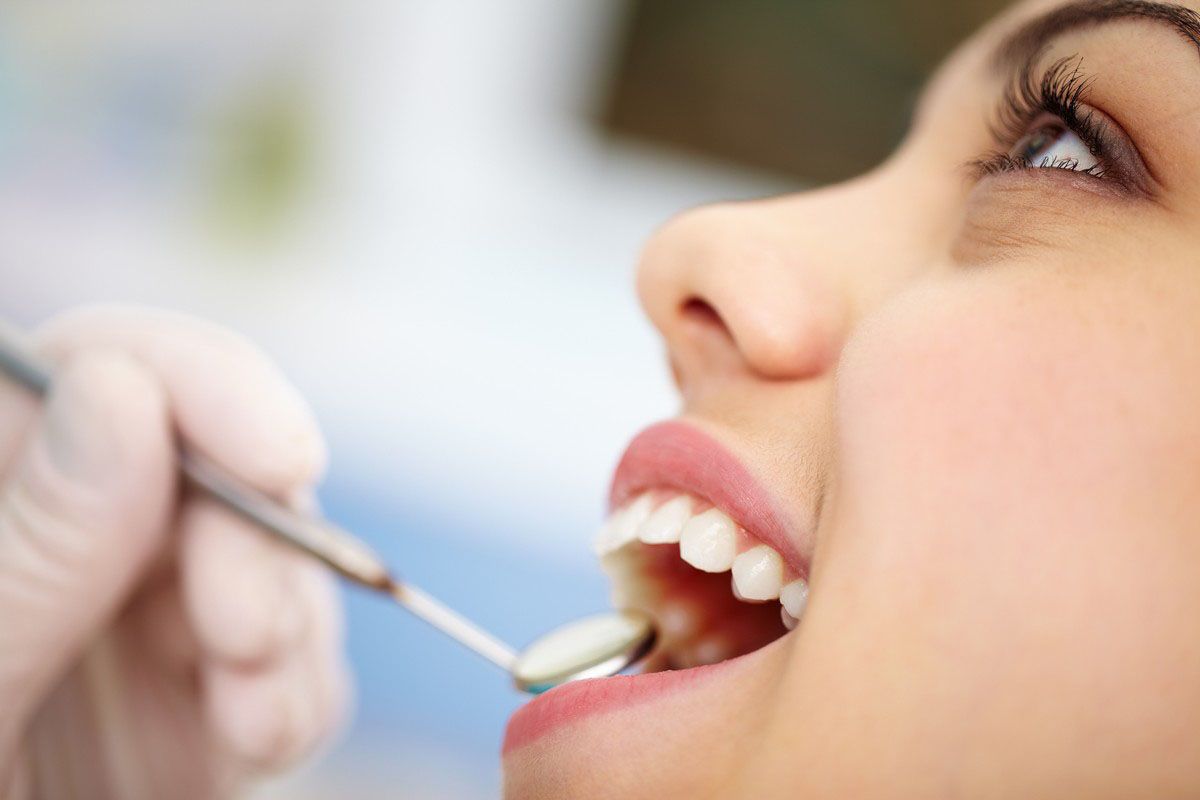

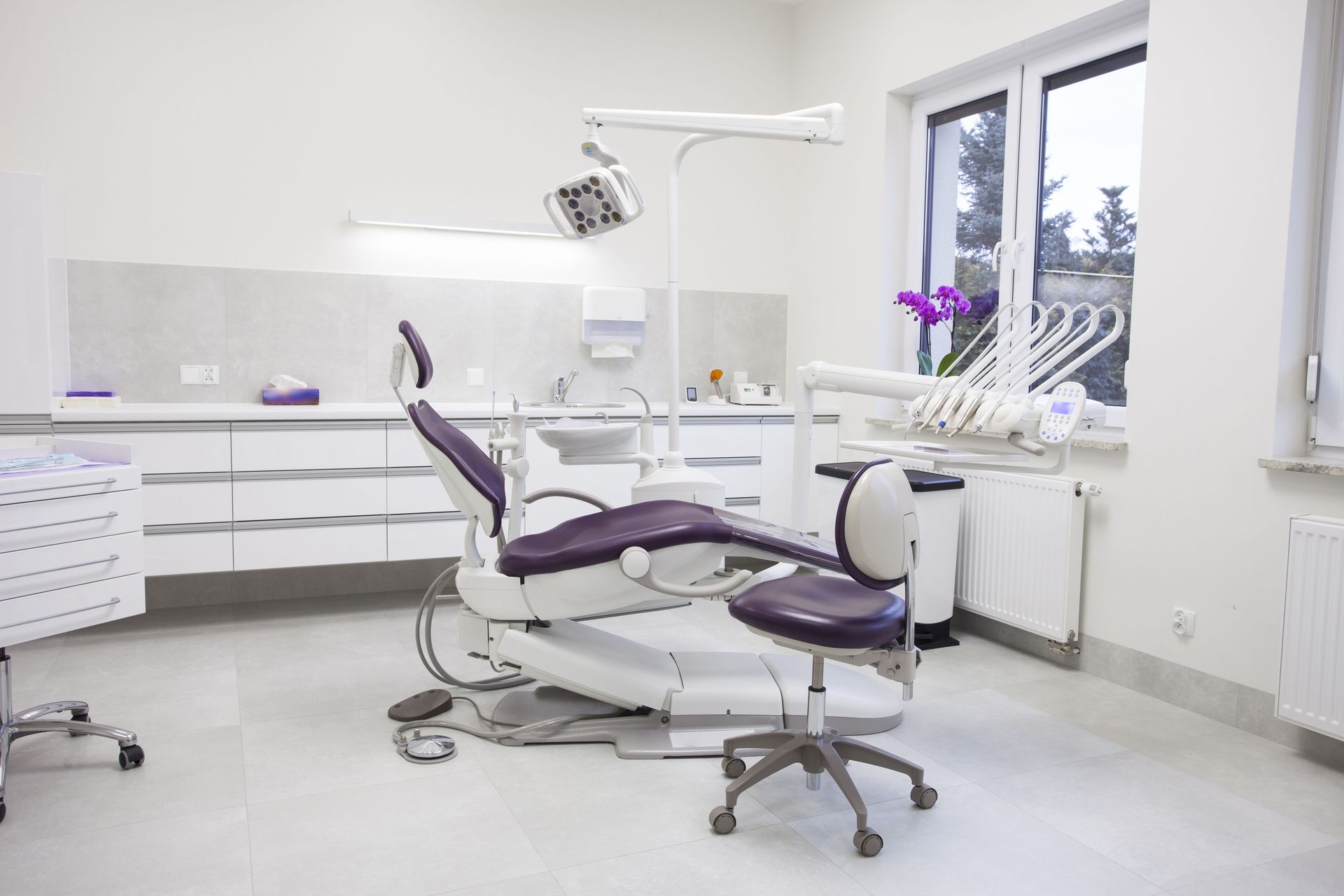

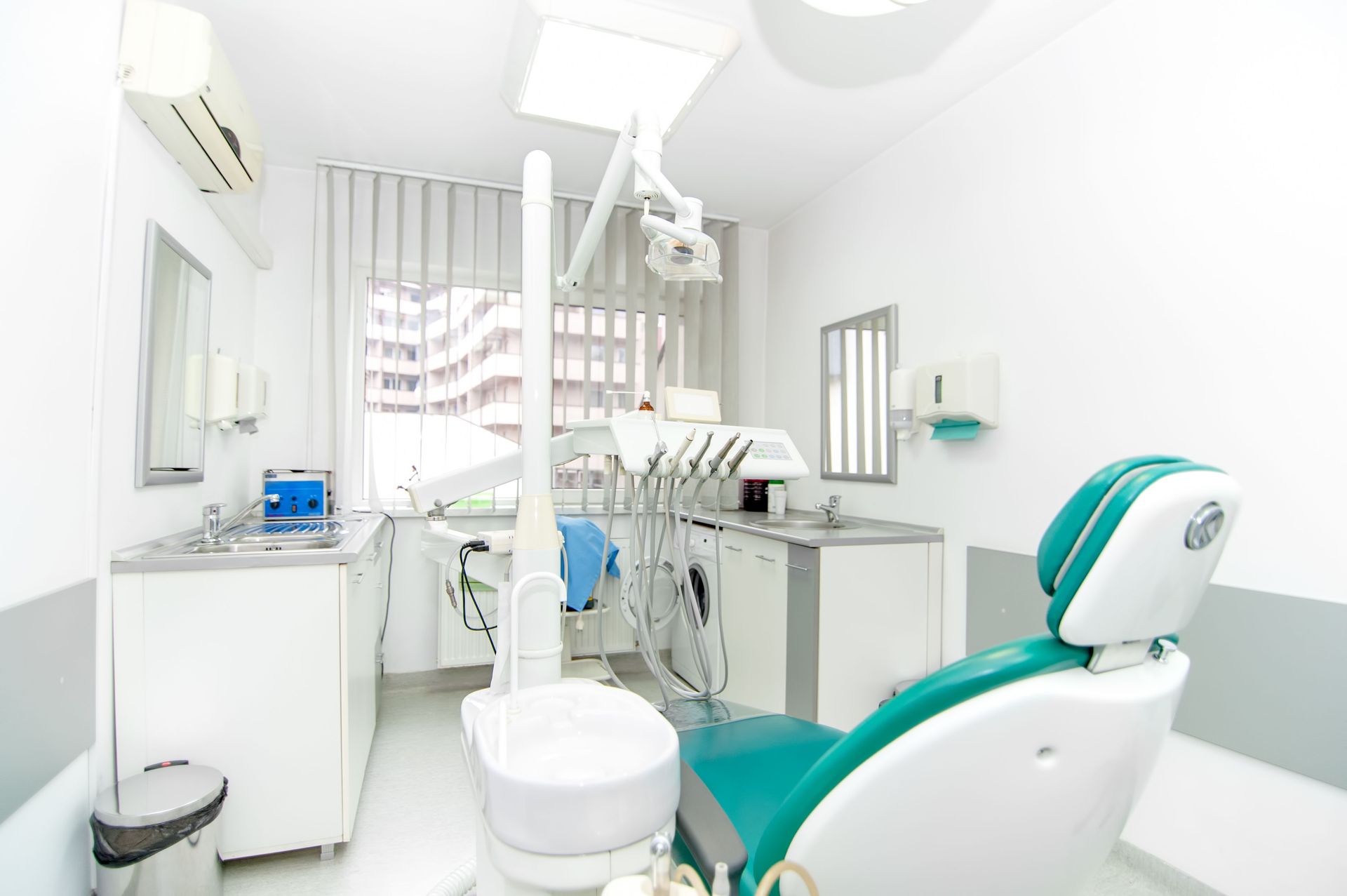
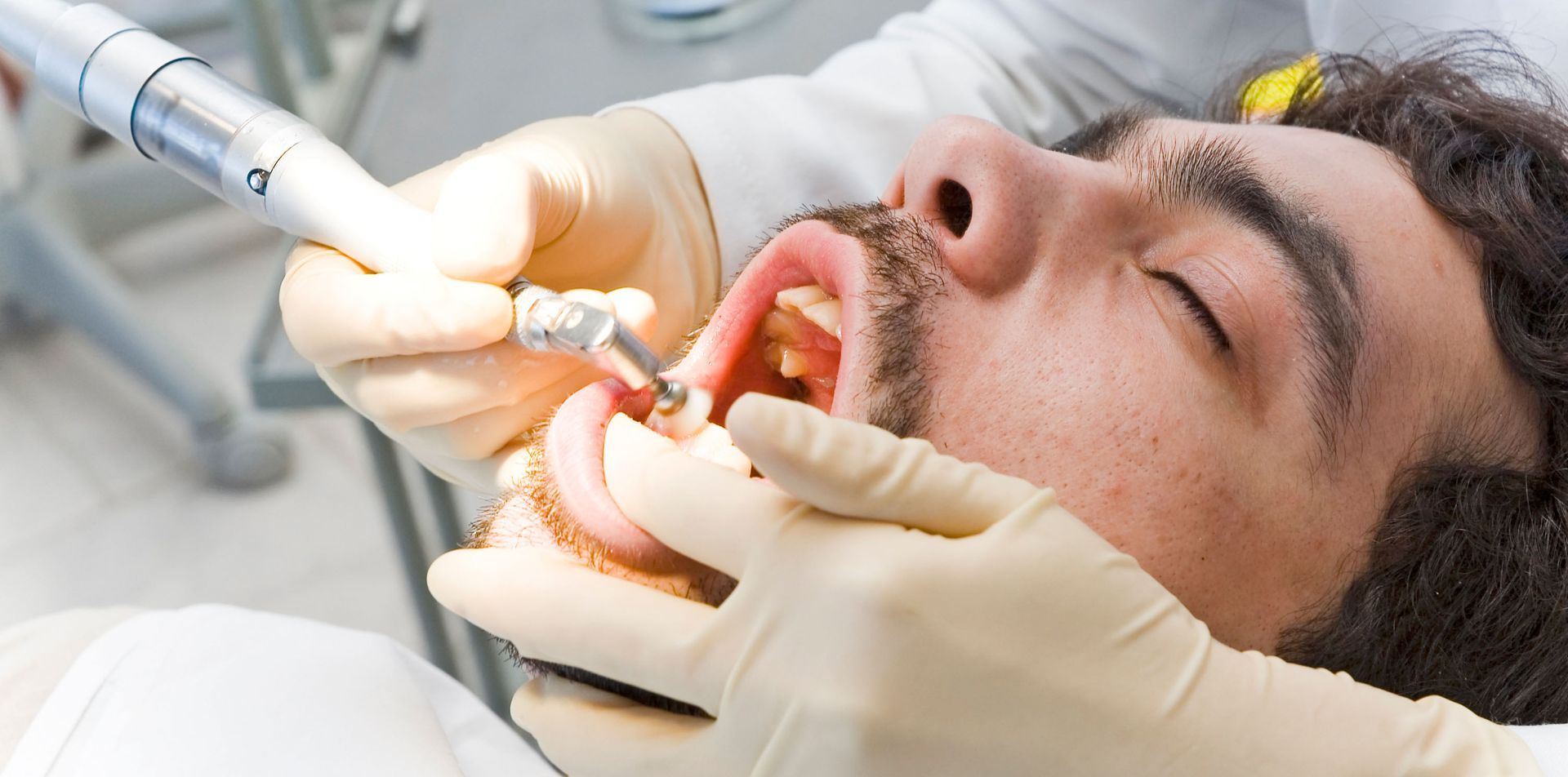
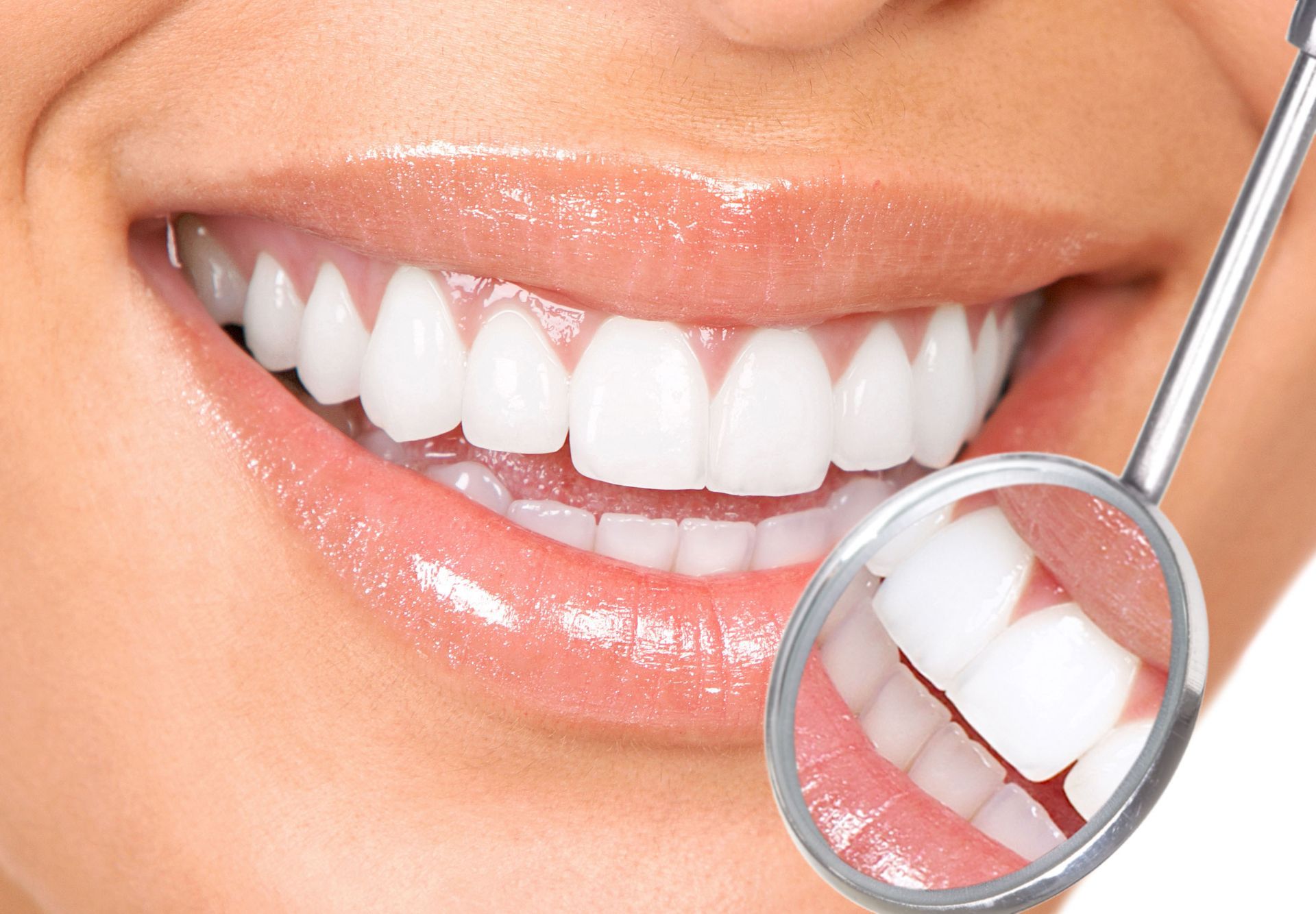

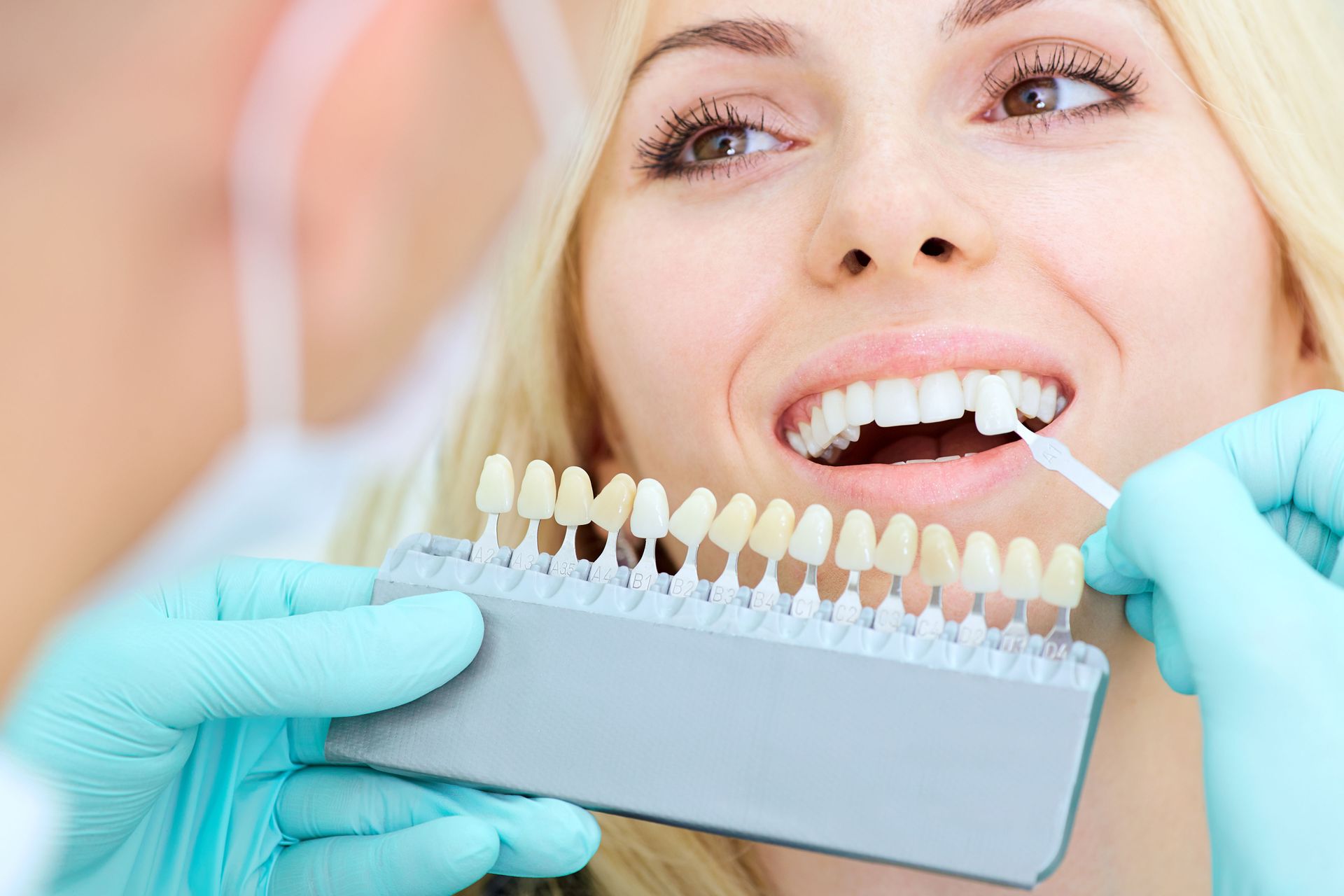
Share On: